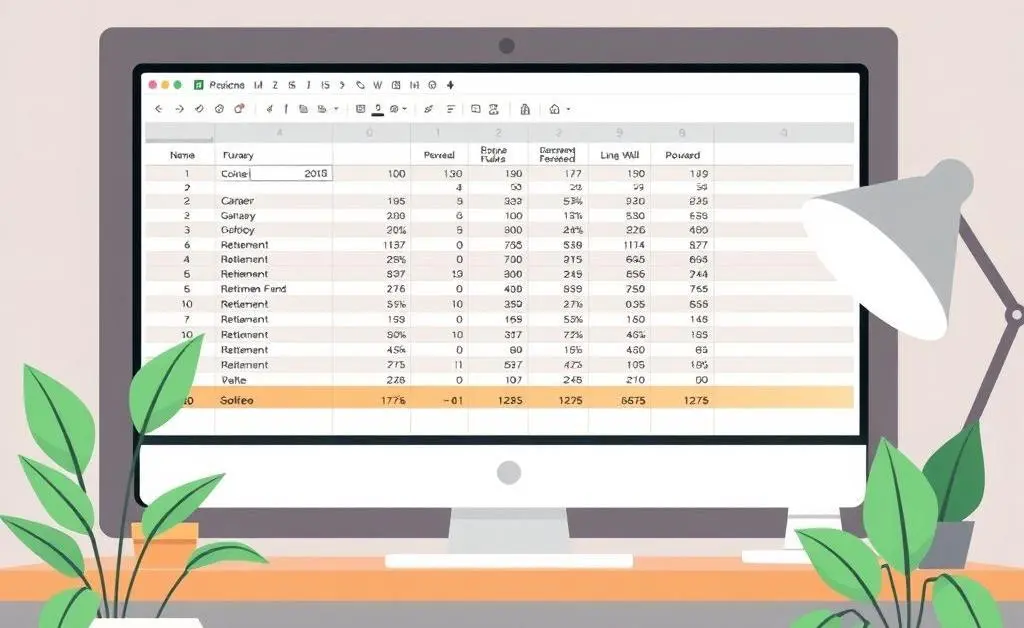Decoding Roth IRA Contributions: Are They Always the Right Choice?
Explore the pros and cons of contributing to a Roth IRA, even if it's currently a stretch for your budget.

Have you ever wondered whether contributing to a Roth IRA makes sense, even if it currently feels like a stretch for your budget? You're not alone! Making smart financial decisions can sometimes feel like trying to navigate through a thick fog. Let's shine a light on the advantages and potential drawbacks to help you see things more clearly.
What is a Roth IRA, Anyway?
A Roth IRA is a type of retirement account that allows you to contribute after-tax dollars. The magic really happens later: both your contributions and the earnings on those contributions grow tax-free. So when you retire, you can withdraw this money tax-free, which can be a mighty advantage.
The Bright Side of Roth IRA Contributions
Speaking of advantages, let's dive into the upsides of contributing to a Roth IRA:
- Tax-Free Retirement Income: This is arguably the crown jewel of Roth IRAs. Think of all that potentially tax-free income in retirement!
- No Required Minimum Distributions: Unlike traditional IRAs, Roth IRAs don't require you to start withdrawing funds at a certain age, giving you more control over your money.
- Flexible Contributions: You can withdraw your contributed funds (but not earnings) at any time without penalty, if needed, which is a nice safety net.
The Other Side of the Coin
Now, let's talk about the less sunny side:
Current Financial Strain: If contributing stretches your budget too thin, it might be more prudent to focus on immediate financial stability. Having an emergency fund or managing debt could take priority.
No Immediate Tax Benefit: Unlike traditional IRAs, you won't benefit from any tax deduction upfront. This could be a factor if lowering your current taxable income is a priority for you.
Imagine this: Your friend Alex decides to contribute to a Roth IRA, even though it’s a bit of a squeeze right now. A few years down the line, Alex appreciates the foresight. While she had to cut back on some expenses initially, she sleeps better knowing her future is a bit more secure.
Conclusion: Is a Roth IRA Right for You?
Ultimately, whether to contribute to a Roth IRA should be a personal decision based on your unique circumstances. The key is balancing your current financial health with future goals. Planning for retirement is crucial, but so is maintaining financial wellness today. What are some other ways you think you could prepare for a financially healthy retirement while balancing today’s needs?




